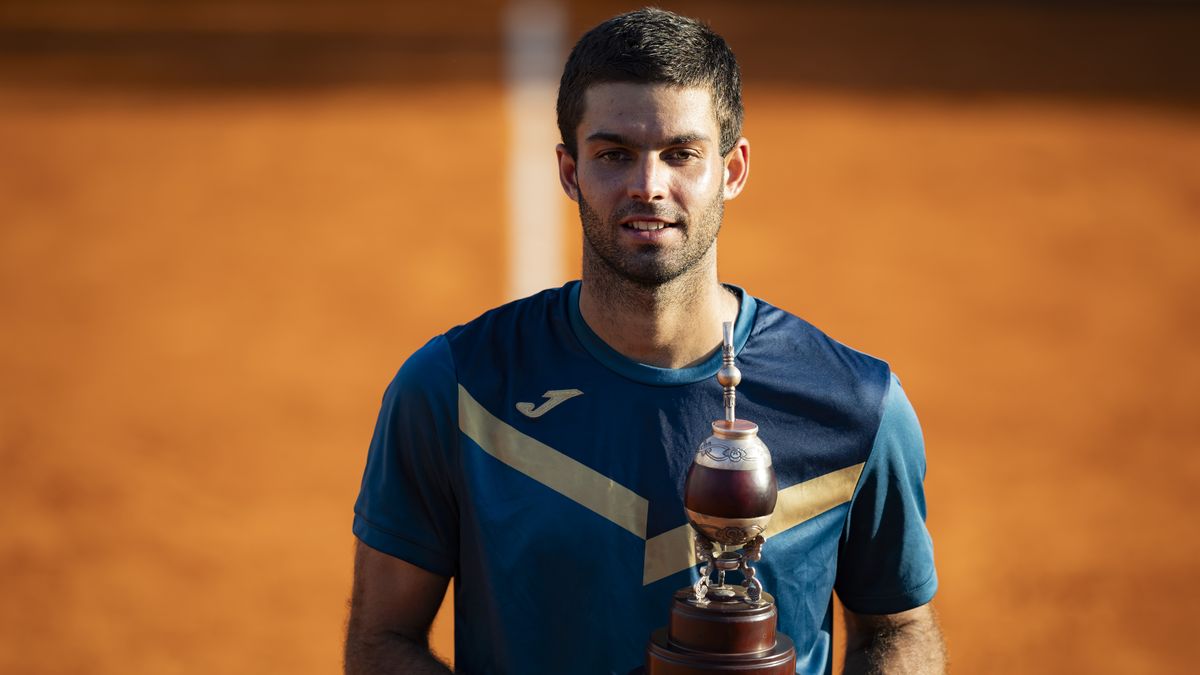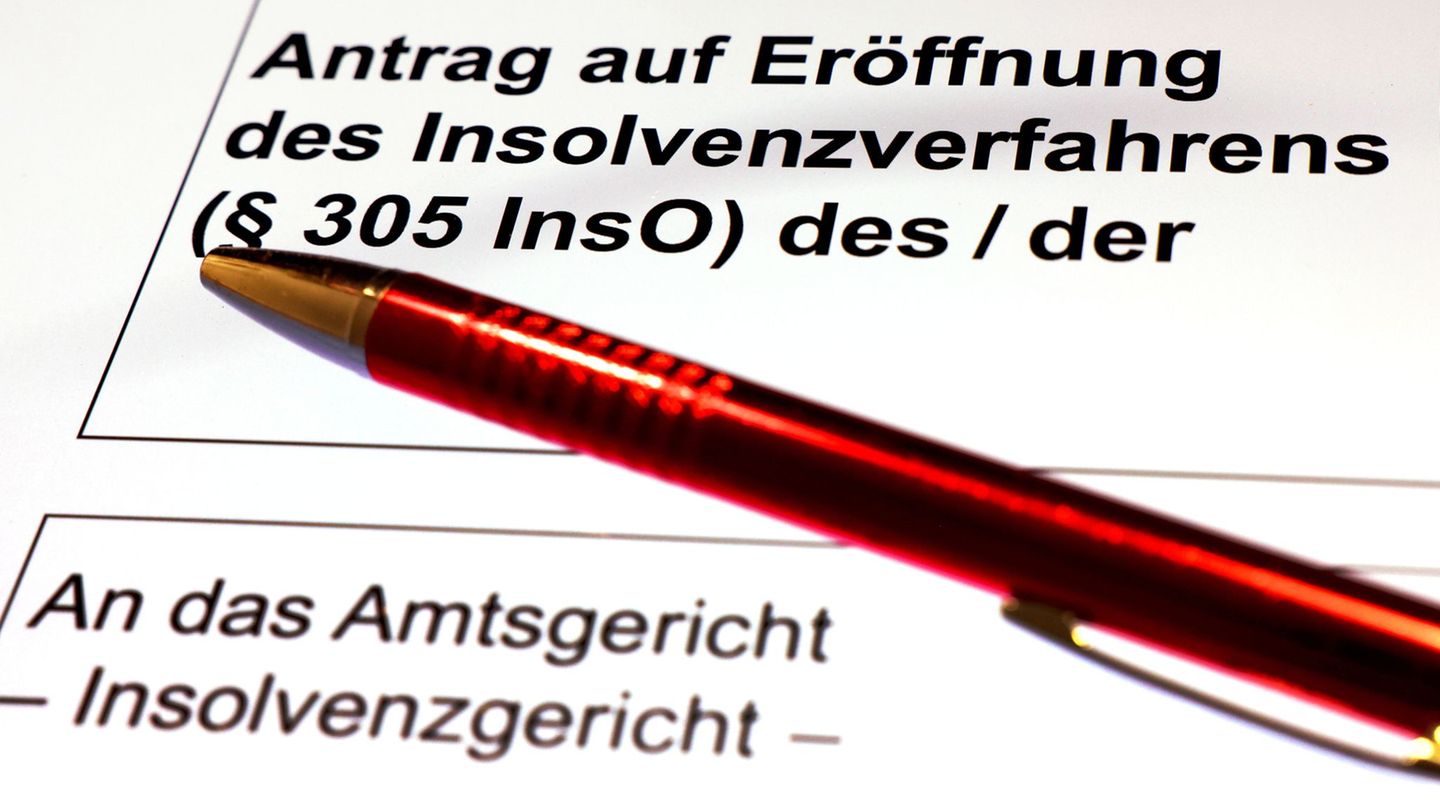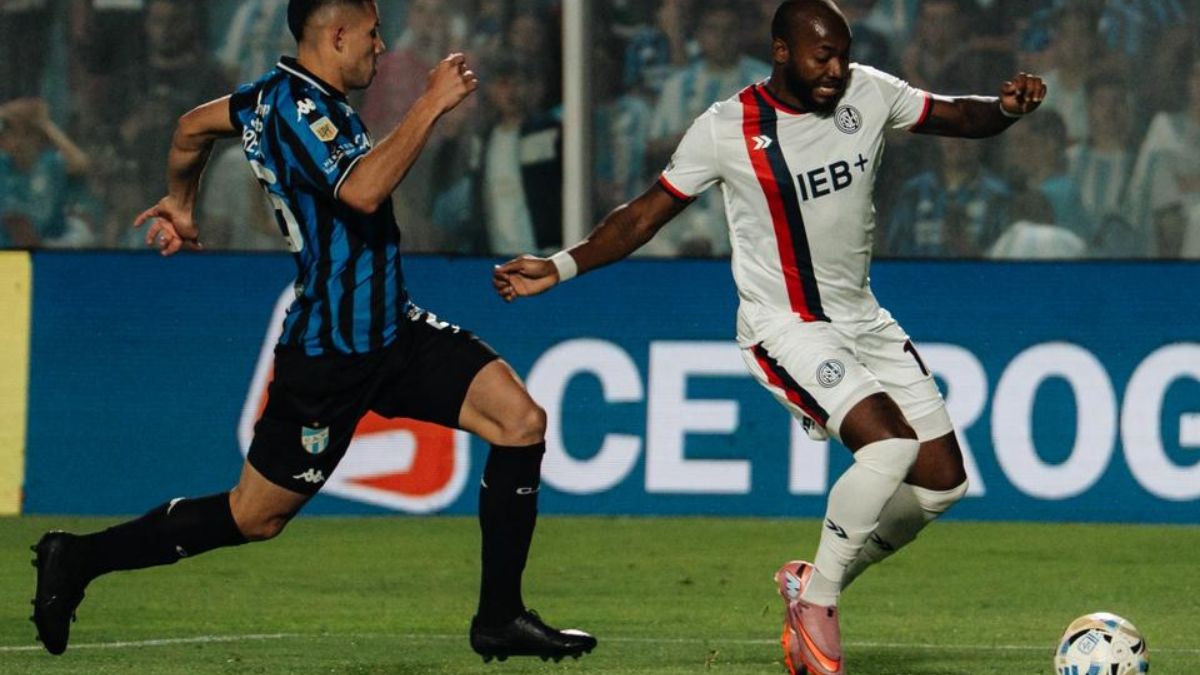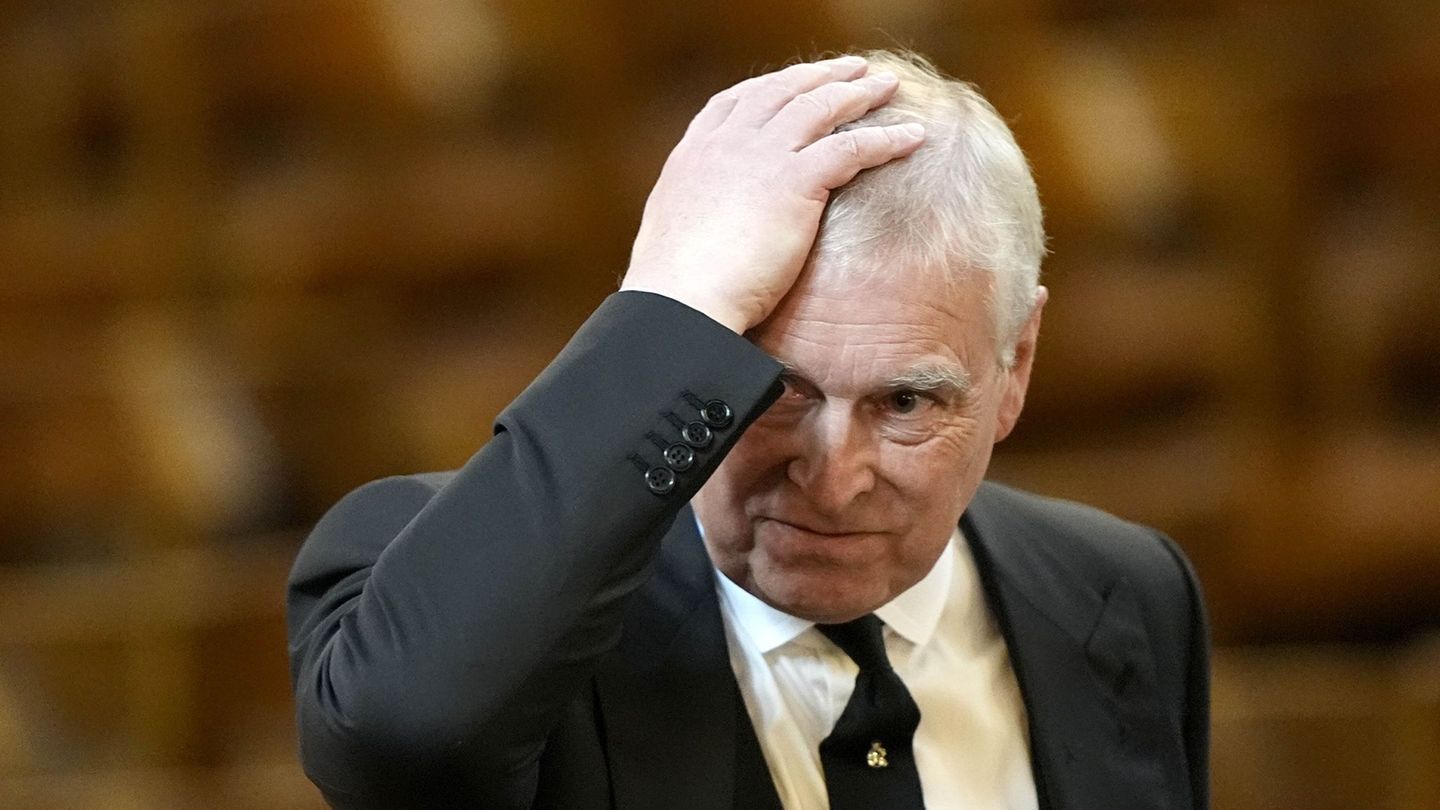The final of the ATP Buenos Aires He went through all the emotional states. It wasn’t easy for the young man from La Lucila, he had a hard time, and there it was, again and again. The head, the heart and the physique, united in a single objective. All the preparation converges into a single point of joy. He went 6-3 and 6-4 over Nicolás Jarry and immediately, the emotion, the excitement and the conviction detonated on his face.
“I’m very happy, I’m still in shock, I don’t know if I’m dreaming, if I fell, I still don’t really understand what this move is like.”the brand new king of the Argentina Open smilingly confesses to Ambit.
“You can build a great champion psychologically, but he has to have certain characteristics as well. You can work on managing emotions, training pressure, talking with your family; understand and manage your fears better, accept situations that are common in a game and be willing to suffer them, to continue fighting.”explains to this medium Pablo Pecoraprestigious sports psychologist with a long career in tennis who worked with figures of the stature of Gastón Gaudio and Juan Martín Del Potro and who is now part of Tomás Etcheverry’s team.
For the professional, this mental “coaching” is based on three tributaries: not falling into quick frustrations, recovering quickly and trying again to win with whatever one has that day. “You have to understand that I’m not always going to be very well,” he argues.
Díaz Acosta, now champion of the Argentina Open, had told Ámbito about the vicissitudes he had gone through. “Now I enjoy it more,” he said. “The consistency changed, before it had sparks and then it went down. I learned to manage breaks better, when to stop and prepare better”he revealed.
In fact, the future 59th in the ranking performs a ritual during the games that caught the attention of those who watched him. During breaks he relaxes, throws his head back and closes his eyes. “I try to escape from reality a little, with my breaths, being in the present moment. “I’m looking for a little peace of mind, concentration, and for my thoughts to not go anywhere,” he said about the practice he adopted at the beginning of 2022 with his new mental coach.
The end of the match against Jarry was complex for “Facu”. Managing emotions was vital: “I tried to think a lot about tactics, what I had to do to win and, above all, support myself. I was thinking a lot about the next point. I knew that hard times could come”.
Although he has not yet turned 21, the Spaniard Carlos Alcaraz He is one of the shining figures of the ATP Tour and has experienced, in the last three seasons, episodes that require years of sacrifices and failed attempts for the average tennis player. For the man from Murcia, when asked by this medium, “the problems that you may encounter on a day-to-day basis, both in training and off the field” They are decisive to become a great champion. “Trying to get out of those problems as best as possible helps you later on the court to be focused and mentally strong”details.
Pécora warns that failure should not be condemning and success does not last eternity. The key factor is “humility”: “Triumph inflames you and you stop having your feet on the ground, you stop doing the everyday things that lead you to winning. There is no worse rival than one’s own ego, and with an exacerbated ego it is very easy to get confused. “From a lack of humility you can make mistakes”.
On the other hand, the psychologist also relativizes defeat and believes that “you have to get value from the negative and have the potential for work” to never stop trying. “We have these points to work quickly. You cannot fall back into certain mistakes or mismanagement for a long time, because otherwise you will be left thinking about the error. The team gives you emotional support, and one must accept that mistakes are part of the process,” he elaborates.
“Know how to deal with moments.” Alcaraz says it, with the temperance of a veteran of a thousand wars. “All the effort we made came to mind,” said Díaz Acosta minutes after reaching the final of the Argentina Open. To balance moments and efforts, there is a fundamental element in the life of every tennis player: the work team.
“Humility is achieved with excess of reality. Success is ephemeral, that’s why you always have to go back to the basics of your work. It is important to choose well the people around you, who are trustworthy, who tell you the truth. Success starts to turn against you when you start to suffer from it. And sometimes they are due to things external to tennis, like fame, time.”explains Pécora.
The young figures coexist with the lying praise of social networks, an area in which opinions about an athlete rise and fall depending on their results. “They are distracting,” says Pécora, who also indicates that they are a way “to start losing the game beforehand, because you don’t dedicate time to therapy, to the ice, to analyzing what is coming.”
“I try not to think about those people who think I have to win every game, every tournament,” says “Carlitos”, today’s wonder boy. “I try to escape from all that and try to play my game, have fun, put into practice what I train every day. And thanks to that, I’m advancing, I’m improving, I’m playing at a good level and I’m winning games. I don’t want to think about everything people say, which today is very accessible through social networks,” he completes.
Tennis has three aspects to train: technique, physicality and mind. If any of them are weakened, the results, hopefully, will not be the best. Díaz Acosta had a week of revelations and confirmations. He has already achieved his first ATP title. The dream is fulfilled.
Source: Ambito
I am Pierce Boyd, a driven and ambitious professional working in the news industry. I have been writing for 24 Hours Worlds for over five years, specializing in sports section coverage. During my tenure at the publication, I have built an impressive portfolio of articles that has earned me a reputation as an experienced journalist and content creator.




